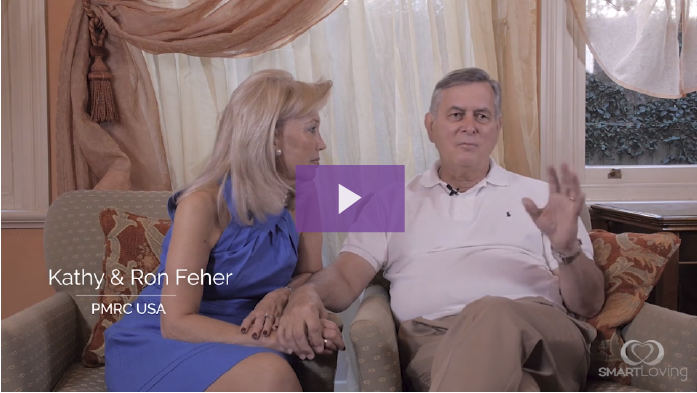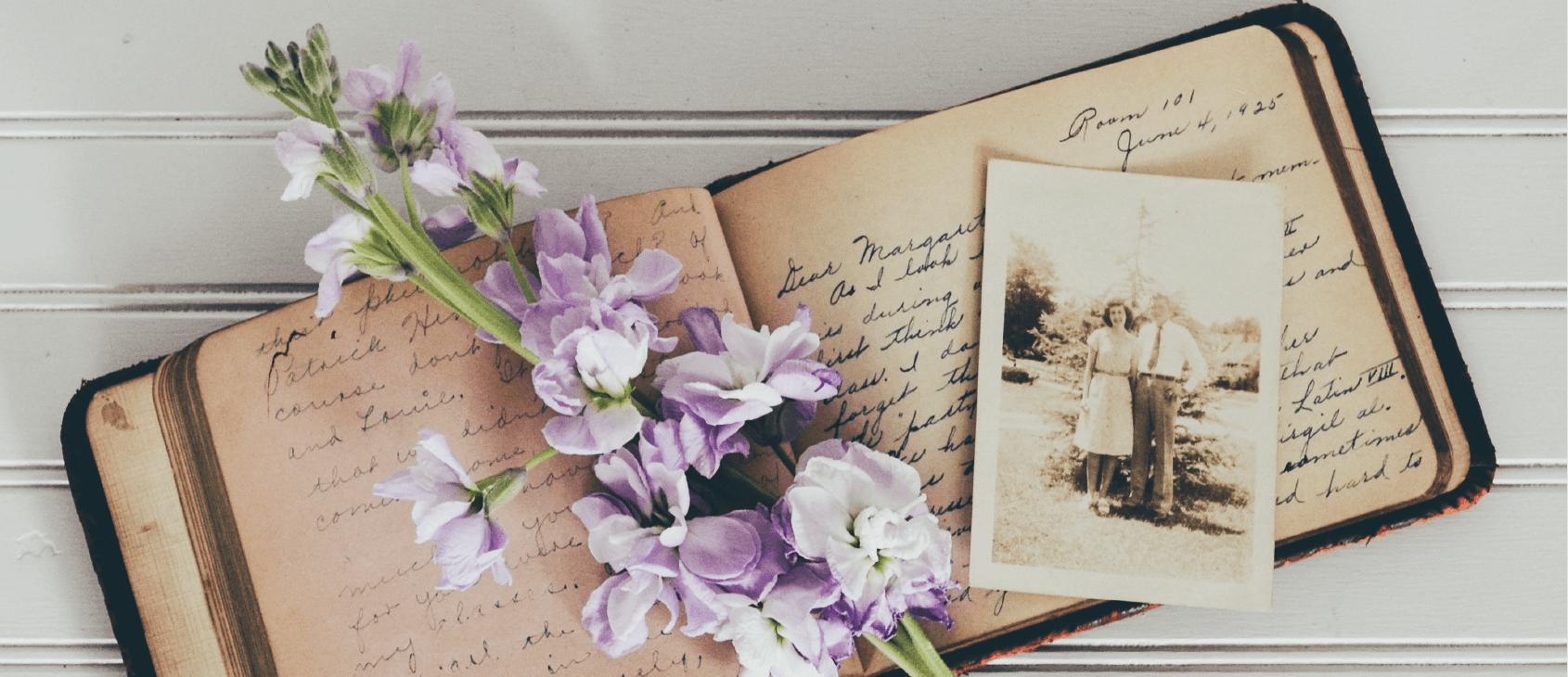Trigger warning: there’s a landmine below

Over the previous columns we have been exploring how our formation from our family of origin can continue to impact us and our marriage negatively. In this article we want to unpack the third and final way our formation experiences play out – through emotional injuries.
Some years ago, Francine purchased a new espresso machine. It came with two espresso cups which she stored in the cupboard for use with visitors as Byron typically drank a latte and Francine a cappuccino. For almost a year the cups sat there unused and Byron ‘helpfully’ threw them away.
Learning their fate, Francine reacted with extreme distress and indignation: “They were MY cups! How dare you throw them away. You have no right to do that!” Bewildered apologies followed but the angst remained.
What was going on?
This is a text book case of an emotional injury from Francine’s childhood. Her Dad, being very sensible and orderly, was highly disciplined when it came to managing the accumulation of ‘stuff’. He regularly tidied up after other family members by disposing of things he deemed unwanted junk.
Francine doesn’t remember any specific details, though she does recall reacting with tears and distress on discovering that something precious to her had been thrown away. Her father apologised but insisted that it was necessary to maintain the habitability of the home.
As parents of five, we can relate to his position – with so many people sharing a home, stuff accumulates and makes our spaces feel crowded and inhospitable. There are competing interests between each person’s need for somewhere to keep his/her stuff, and the needs of the family to have shared areas that serve everyone.
When Byron threw out the espresso cups, he inadvertently triggered this unresolved childhood frustration in Francine. He genuinely saw the cups as unnecessary clutter and was trying to be helpful. (Sounds a lot like her dad!)
Francine’s reaction appeared to be irrational and extreme; it was two free coffee cups that were rarely used for goodness’ sake! But her reaction wasn’t just about this specific incident; it included within it all the energy from the previous injury that was never successfully resolved.
It is virtually impossible that we haven’t experienced some form of emotional injury or disappointment in our formation. No matter how wonderful our families were, no matter how idyllic our childhood, all of us had childhood frustrations.
Inevitably, our parents, siblings and extended family members will have at some time behaved in a way that damaged our developing psyche… and we will have done the same to them. It’s part of the human condition.
Mostly, the upsets and hurts of our childhood are attended to sensitively and the injury is subsequently mitigated. Sometimes however the healing process doesn’t occur, and the injury gets ‘banked’ to be awakened sometime in the future.
Like a landmine, it lays hidden for years, or even decades, until someone close to us unwittingly steps on it. Once it is triggered, what happens next is critical to our healing and our growth in intimacy as a couple.
Firstly, we need to acknowledge the validity of the present and historical wound. It may take some digging to connect the current situation to the root injury in childhood but it is powerfully liberating to establish the link.
Such an exploration will never happen if one or both of us dismiss the present situation as an over-reaction or irrational.
With any emotional injury, it can be tempting to dismiss it with such thoughts as: “What am I complaining about – this is nothing compared to what some people experience”. The ‘offender can also easily get defensive.
It’s important to remember, there is no greater pain than our own. Whether our injury was greater or less in someone else is irrelevant. Our pain is unique and deserves attention because God’s promise of joy and fullness of life was for everyone.
Once the childhood hurt is found and the injury named, we need to use our adult self to nurture the wounded child and begin our healing. In much the same way that we, as a mature parent, might seek to soothe and reassure our own child, we can play this role for ourselves, or ask our spouse to do so.
Although we are not responsible for the emotional injuries our spouse acquired during childhood, part of the gift and grace of marriage is our ability to bring healing into these parts of our spouse’s life. A heartfelt apology for any pain our own actions may have contributed can assist our spouse in forgiving us, as well as the person who inflicted the original injury.
It’s easy to fool ourselves into thinking that it happened so long ago that it doesn’t matter anymore. Well it does, and the current incident to which we reacted so strongly is living proof. Any emotional injury, no matter how old, will continue to affect us unless we acknowledge it and heal it.
We say that ‘time heals, but it doesn’t; we just get used to living with the pain. Often we get so used to living with this broken part of ourselves, it gets integrated into our personality and we no longer recognise it as a foreign invader.
We might say things like, “I’m a hoarder”, or “I’m obsessive about tidying up” or “I’m no good at maths” and so on. We tell ourselves that we are maturely accepting the realities of our imperfections, and sometimes that’s true.
Very often though, it is a childhood frustration or trauma that has been buried or ignored for so long, we have simply accepted it as integral to our identity. It might be familiar, but the real question is: is this who God created us to be?
An important insight from the psychological sciences notes our tendency to choose a spouse who will help us resolve our childhood frustrations. We tend to be attracted to someone who in some important way conforms to our subconscious model of our key relationships in our family of origin. Pity our poor unwitting spouse!
We’ve found this knowledge so helpful in our marriage. Instead of feeling discouraged when something ‘blows up’, we now recognise it as a natural growth opportunity. When it feels like the other is always getting under our skin, is ‘triggering’ us, we are reminded that this is exactly what they are supposed to do!
So many of the dramas and mishaps of married life can be given new perspective when we understand this dynamic. Reframe the frustrations and hurts that pepper married life and you’ll turn what seems like a relationship setback into a renewal experience.


